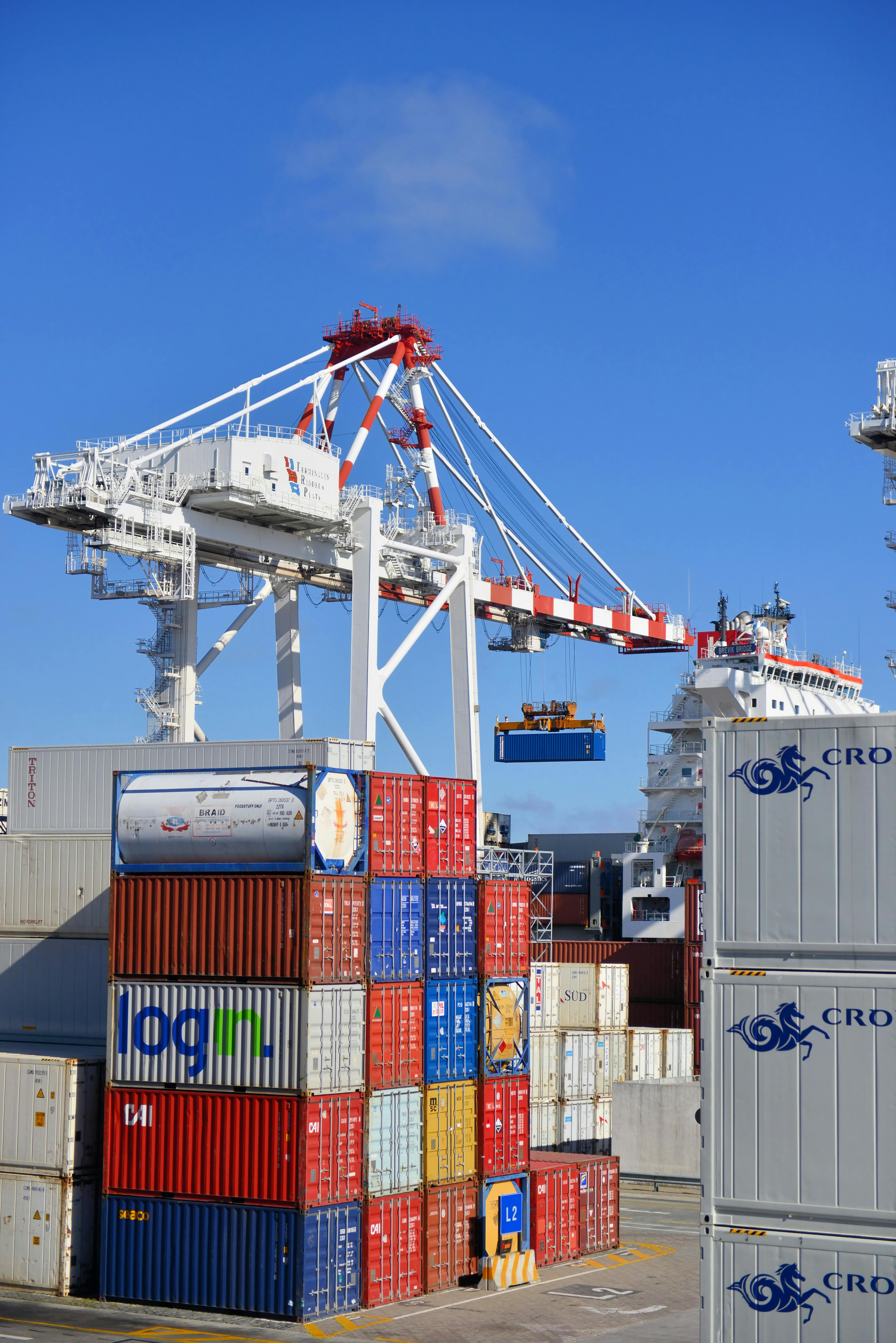China Thinks It Is Not Fair!

Decrying American protectionism at the World Trade Organisation (WTO) whilst fiercely safeguarding one's own economic interests indeed borders on the paradoxical.
To persistently repeat an action with the expectation of a novel outcome verges on folly. This notion finds resonance in recent developments, including the encounter orchestrated in Beijing by Chinese Premier Xi Jinping with an assembly of American corporate leaders. The intent was to alleviate their apprehensions regarding commercial operations within China.
This conclave was convened amidst a backdrop of the United States and United Kingdom levying sanctions against cyber operatives, accused of executing a protracted, China-endorsed campaign to embed malicious software within the critical infrastructure of the United States, including its defence networks. Concurrently, China unveiled directives to exclude AMD and Intel processors from its governmental computing systems. This period also witnessed escalating global apprehensions over the potential market distortion due to Chinese electric vehicles, alongside Beijing's challenge at the WTO against the Biden administration's landmark Inflation Reduction Act.
The audacity of China's challenge to the tax incentives favouring American green energy enterprises, citing WTO infractions, while its economic strategy thrives on a starkly contrasting set of principles, cannot be overlooked. The Chinese economy has been meticulously crafted on a foundation of long-term subsidies and protectionist measures encompassing vital sectors such as clean energy, telecommunications, and artificial intelligence.
This glaring discrepancy is seldom addressed, with the term “protectionism” typically invoked only when the United States or European nations implement tariffs or subsidies to safeguard their industries, often for legitimate strategic reasons including climate change mitigation and ensuring a just transition to a sustainable economy.
Yet, China's protectionist stance is often perceived as a given. The international community has, somewhat resignedly, accepted this as the bedrock of China's state-led capitalism, harbouring faint hopes for a shift in this paradigm.
However, without a fundamental change in approach, the status quo will persist. The essence of China's political economy starkly contrasts with the WTO's foundational free trade premises and the so-called Washington Consensus, which naively anticipated emerging economies would naturally align with Western-dictated market principles. This expectation has been unfulfilled.
The recent statement from US Trade Representative Katherine Tai, in response to Beijing's request for WTO consultations, underscores the urgent need to address climate change and reinforce supply chains. This need was highlighted by the recent catastrophic bridge collapse in Baltimore. Tai also criticized the People’s Republic of China for its continued engagement in unfair practices that undermine fair competition. The situation could be succinctly described as the pot calling the kettle black.
Europeans, much like numerous American business leaders, have long overlooked the inadequacy of the global trade framework and its supporting institutions to accommodate contemporary realities. Nevertheless, a pivotal moment may be upon us.
As Tai stated, the urgency of European concerns over the impact of Chinese electric vehicle (EV) dumping is escalating. Additionally, developing nations, particularly in Africa, are advocating for greater policy leeway, inspired by China's liberties with international rules.
The unveiling of China’s new manufacturing stimulus plan, poised to inundate global markets with even more affordably priced goods, is set to further highlight the inadequacies of the current trade system. The unfolding scenario reinforces the perception that the WTO’s regulations disproportionately constrain all but China.
The path to a more equitable trading framework does not lie with the WTO in its present form, which has devolved into a venue for bureaucratic entanglement and political theatre. A more viable approach might involve constructing a new platform, enlisting major economies both with deficits and surpluses, to forge institutions dedicated to resolving disputes effectively.
Any new system must accommodate diverse political economies, recognizing the sovereign right and necessity for nations to safeguard their domestic economic and political stability while engaging in international commerce. The insights gleaned from China's economic ascent underscore that these objectives are not mutually exclusive.
Embarking on this journey towards reform will be far from straightforward. Yet, the daily manifestations of the prevailing system's failures underscore the urgency for change. The pursuit of cheap labor by capital, indifferent to the broader ramifications, has culminated in pharmaceutical shortages, endless disputes at the WTO, and a growing public distrust in political and business leaders unwilling to acknowledge the imperative for a different course of action.
By Brett Hurll
World Liberty Seeks Federal Trust Charter
World Liberty Financial, the crypto venture backed by the Trump family, has applied for a US national bank trust charter... Read more
Saudi Banks Tap Overseas Markets
Saudi Arabia’s banks are borrowing from international markets at their fastest pace on record, as lenders try to squar... Read more
Amazon Continues To Cut 16000 Gone
Amazon has announced plans to cut a further 16,000 roles from its corporate workforce, extending the cost and organisati... Read more
The UK May Have A Voice In Ai
Europe’s AI sector has grown accustomed to playing catch-up. Capital has flowed more slowly than in Silicon Valley, va... Read more
Musk Applies Pressure To BT
Britain’s broadband market has spent the past decade locked in a familiar pattern. Incumbents invested heavily in fibr... Read more
Blackrock Sees EMEA Moving Into Private Assets
BlackRock has warned that investors across Europe, the Middle East and Africa are reshaping portfolios in response to wh... Read more

